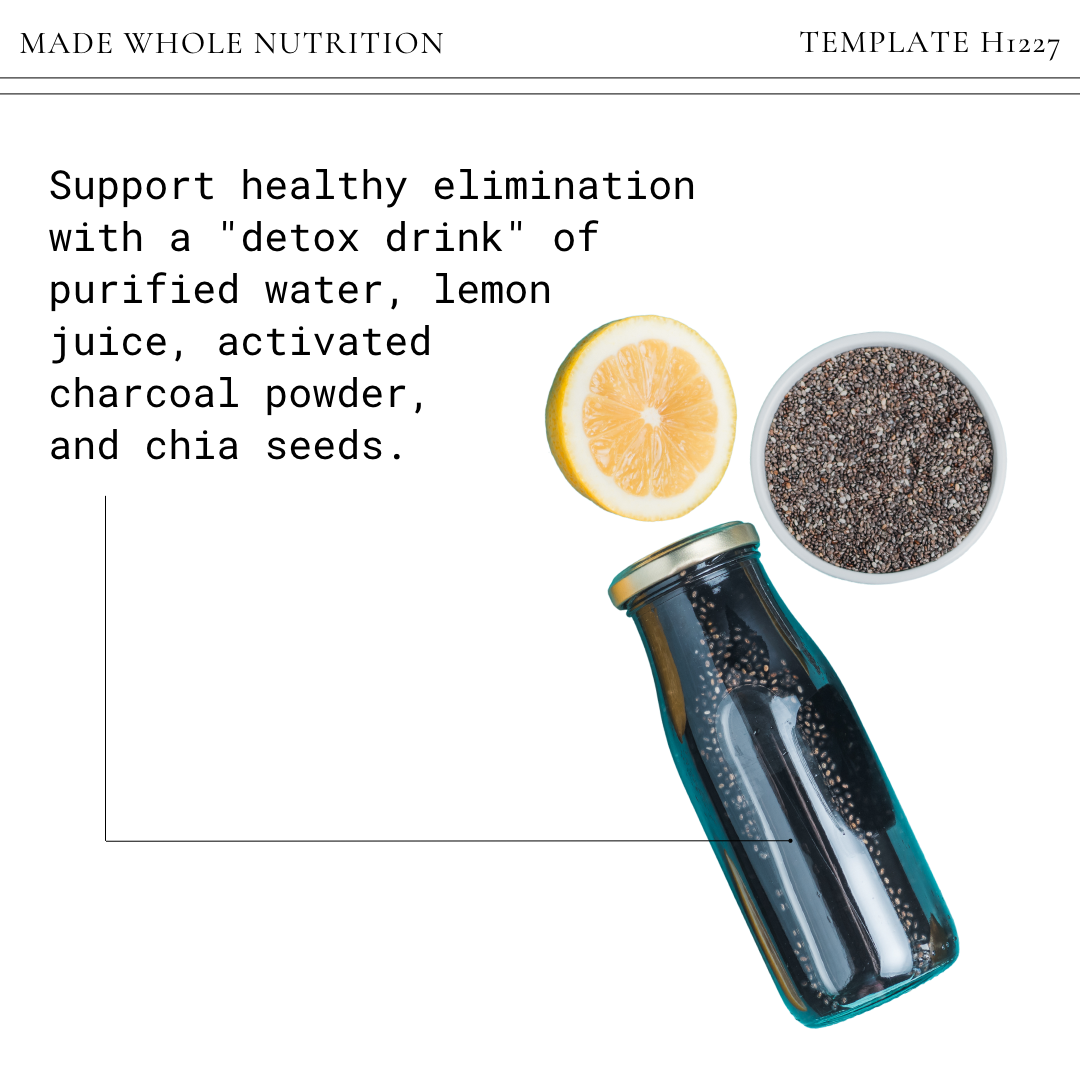What is "herxing"? (4 ways to support die-off)
WHAT IS "HERXING"?
A die-off or "Herxheimer" reaction is the experience of worsening or flu-like symptoms during a detox.
It is part of the healing process.
As pathogenic microorganisms are destroyed (often by an antimicrobial formula), toxins and lipopolysaccharides are released into the bloodstream.
In response, the immune system triggers an acute inflammatory reaction that will likely make you feel worse.
WHAT ARE THE SYMPTOMS OF DIE-OFF?
Each person will have a different reaction depending on their overall infection load and detoxification capacity, but common symptoms include fever, chills, muscle aches, headaches, lethargy, nausea, flushing, and rashes.
This reaction typically resolves in 1-3 days and indicates that the treatment is working.
If symptoms continue beyond that, consult your health practitioner, as something else is likely exacerbating the issue.
SUPPORTING DETOX
STAY HYDRATED
you may find yourself spending more time in the bathroom as your body clears the die-off, so it is essential to replenish electrolytes with clean water, herbal teas, natural salt, mineral drops, and/or potassium-rich foods like bananas and avocados
BIND & PULL
activated charcoal or bentonite clay consumed along with fiber-rich cruciferous vegetables, beans, whole grains, and chia seeds acts like a sponge and brush to cleanse the digestive tract
LIFESTYLE SUPPORT
support whole-body detoxification with epsom salt baths, dry brushing, sauna, gentle movement, massage, castor oil packs, and extra sleep
SUPPLEMENTAL NUTRIENTS
magnesium, molybdenum, vitamin C, NAC, glutathione, chlorella, calcium-D-glucarate
Are you a health educator that wants to use this content with your clients? Customize the handout template in less time than it would take to even think about hiring a graphic designer.
References
Hodges, R. E., & Minich, D. M. (2015). Modulation of Metabolic Detoxification Pathways Using Foods and Food-Derived Components: A Scientific Review with Clinical Application. Journal of nutrition and metabolism, 2015, 760689. https://doi.org/10.1155/2015/760689 Retrieved from: https://www.ncbi.nlm.nih.gov/pmc/articles/PMC4488002/





